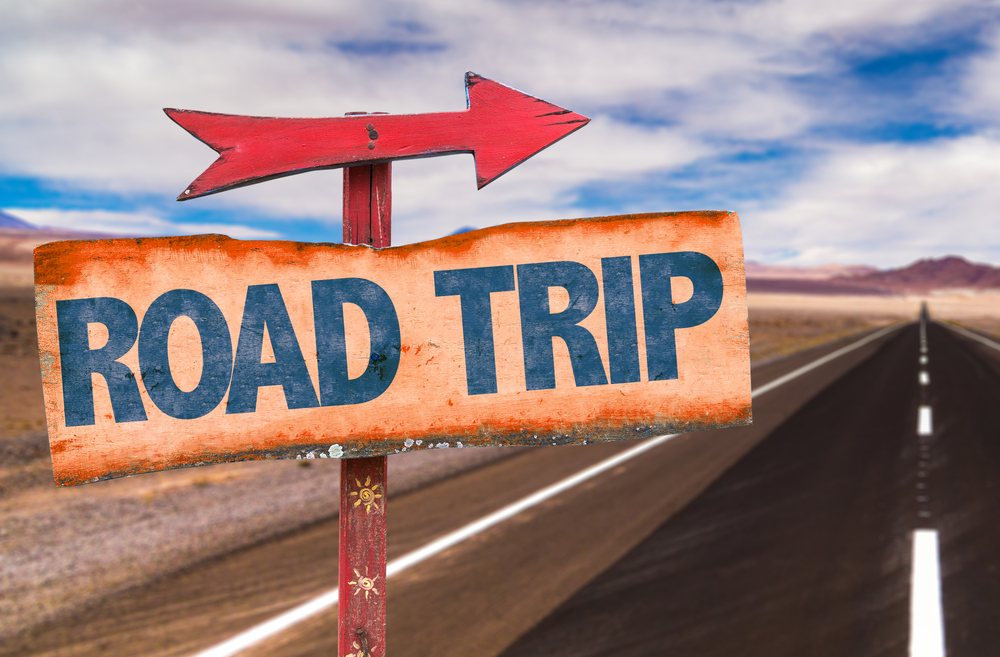
Exercise
Going for a brisk daily walk will help you lose weight and help you sleep better at night. Exercise boosts natural sleep hormones like melatonin. According to research published, postmenopausal women who exercised for around three and a half hours a week had an easier time falling asleep than women who exercised less often. Keep an eye on the timing of your workouts. Exercising too soon before going to bed might be exciting. Morning workouts that expose you to solid daylight will aid in the maintenance of your natural circadian rhythm.
De-Stress
The expenses are piling up, and your to-do list is a mile long. Evenings often bring anxieties from the day to the surface. Change is accelerated by stress. It triggers the fight-or-flight hormones, which are anti-sleep hormones. Before heading to bed, take some time to unwind with the help of a Wedge Cushion. Learning any relaxation response will help you sleep better and feel less anxious during the day. Deep breathing techniques might help you relax. Slowly and thoroughly inhale, then exhale.
Create A Relaxing Atmosphere
Make a sleeping-friendly environment. Something frigid, gloomy, and silent is frequently the case. It may be harder to fall asleep if you are exposed to light. To create a setting that meets your requirements, consider utilizing room-darkening shades, earplugs, a sleeping pillow, a fan, or other gadgets. Before night, try relaxing activities like taking a bath or using relaxation techniques to help you sleep better.
Maintain a Regular Sleep Routine
Most people don’t require more than eight hours in bed to attain this aim. On weekday nights and weekends, try to keep the time gap between your sleep schedules to no more than one hour. Consistency is critical for maintaining your body’s sleep-wake cycle. Get out of your bedroom and do something soothing if you haven’t fallen asleep after 20 minutes. Relax by reading or listening to calming music while lying on a pillow like the Wedge Cushion. When you’re exhausted, go back to bed. As required, repeat the operation.
Consume Food, But Not Excessively
A grumbling tummy, like an excessively full tummy, might be distracting enough to keep you awake. A substantial meal should not be had within 2 to 3 hours of bedtime. If you’re hungry right before night, have a small nutritious snack to tide you over until morning.
Start A Sleep Journal
Keeping a sleep journal to record the conditions when you went to bed the night before might be beneficial in allowing you to go back and evaluate what has and hasn’t worked for you. It also allows you to examine how your sleep differs from night tonight and identify sleeping patterns. Nearly everyone has a restless night now and again, but if you’re having difficulties sleeping regularly, see your doctor, employ the use of a sleeping pillow and the suggestions provided above.
Download The Sleep Diary
Are You a CPAP Wearer?
Travel can tempt you to not be compliant with your CPAP therapy. The overwhelming idea of packing and bringing your equipment with you can make you want to skip your CPAP while you are away.
Foregoing your CPAP therapy can be dangerous. Sleep apnea will occur whether you are on your dream vacation or at home. Without your CPAP machine, you run the risk of experiencing all the unwanted and sometimes even dangerous effects of untreated sleep apnea.
The good news is that traveling with your CPAP machine doesn’t have to be a burden. There are several options, including travel-sized CPAP machines that can make it easier for you to travel.
Just educate yourself ahead of time so that you can have a worry-free trip.
We know that traveling with your CPAP device can make it difficult to travel. If you want to know more about travel-sized CPAP machines, check out our recommendations.









